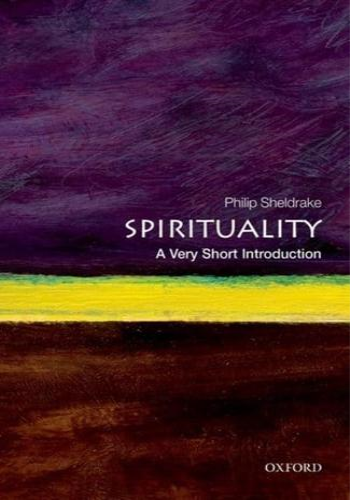It has been suggested that 'spirituality' has become a word that 'can define an era'. Why? Because paradoxically, alongside a decline in traditional religious affiliations, the growing interest in spirituality and the use of the word in a variety of contexts is a striking aspect of contemporary western cultures. Indeed, spirituality is sometimes contrasted attractively with religion, although this is problematic and implies that religion is essentially dogma, moralism, institutions, buildings, and hierarchies. The notion of spirituality expresses the fact that many people are driven by goals that concern more than material satisfaction. Broadly, it refers to the deepest values and sense of meaning by which people seek to live. Sometimes these values are conventionally religious. Sometimes they are associated with what is understood as 'the sacred' in a broader sense - that is, of ultimate rather than merely instrumental importance. This Very Short Introduction, written by one of the most eminent scholars and writers on spirituality, explores the historical foundations of the thought and considers how it came to have the significance it is developing today. ABOUT THE SERIES: The Very Short Introductions series from Oxford University Press contains hundreds of titles in almost every subject area. These pocket-sized books are the perfect way to get ahead in a new subject quickly. Our expert authors combine facts, analysis, perspective, new ideas, and enthusiasm to make interesting and challenging topics highly readable.







